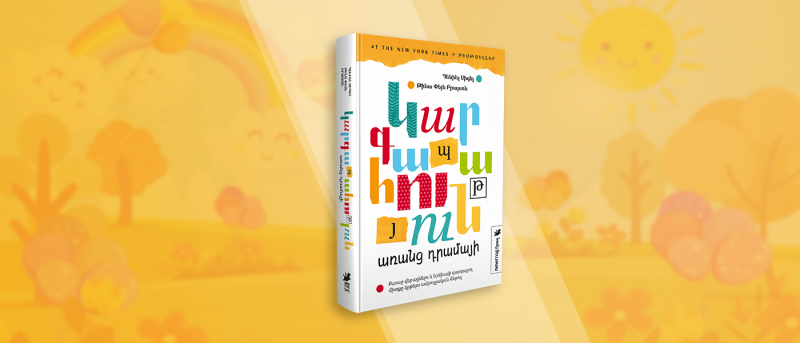How to set “No-Drama Discipline” without tears and dramatic scenes (video)

Without slamming doors and ear-splitting screams. Is it possible to educate and communicate with children that way? Yes, it is possible. Newmag presents The New York Times bestseller, “No-Drama Discipline”.
The authors of “No-Drama Discipline” are Daniel Siegel and Tina Payne Bryson. Dr. Siegel is an American child psychotherapist, award-winning educator and MD. He is a winner of many awards and author of 10 popular books, all of them bestsellers. Dr. Tina Payne Bryson (Ph.D. in medical studies) is an American child psychiatrist.
Dr. Daniel Siegel, co-author of “No-Drama Discipline”: "We tried to explain what discipline is through the book. Most people think that it is the punishment".
Dr. Tina Payne Bryson, co-author of “No-Drama Discipline”: "Since many people associate discipline with punishment, we thought of writing “Punishment without drama”, but decided to define the term discipline. Discipline means teaching. When our goal is to teach, we also change our children's behavior".
With the experience drawn from their children, supported by scientific data and research on the phases of brain development and numerous experiments, the authors of the book assert confidently that the more a child's behavior falters, the more they require parental guidance. Precisely and without unnecessary dramatics, “No-Drama Discipline” explores a wide range of scenarios that can emerge between parents and children. Its core message is that expecting flawless parents or perfectly disciplined children is neither practical nor essential.
Dr. Tina Payne Bryson, co-author of Discipline Without Drama: "I was working with a six-year-old boy who once told me that he "forces" his mother to accompany him everywhere. He used the word "force". Surprised, I asked how he did it. And it turned out that the boy was crying non-stop to get what he wanted. When my son heard that story, he said it would never work in our house, no matter how much he cried".
When our loved one touches us with love and care, the happiness hormone is produced in his body, and the stress hormone cortisol decreases. Physical contact with love changes the brain's biochemistry. And that's when you should start practicing discipline.
Children generally misbehave when there is a lack of emotional connection with their parents. But emotional attachment does not mean permissiveness. The authors of the book claim that successful people had a strong emotional bond and mutual understanding with their parents and were surrounded by care.
Read also

At Winterfest 2026, Newmag will present Henrikh Mkhitaryan’s memoir “My Life Always at the Center” (trailer)

Winterfest to feature David Georgyan’s sci-fi action novel Impedance (trailer)

At Winterfest 2026, Newmag will present Marianna Hakobyan’s “Don’t Change the Names” (trailer)

Closing and Award Ceremony of the “Sprout in Armenian – 2025” Competition at Newmag Winterfest

